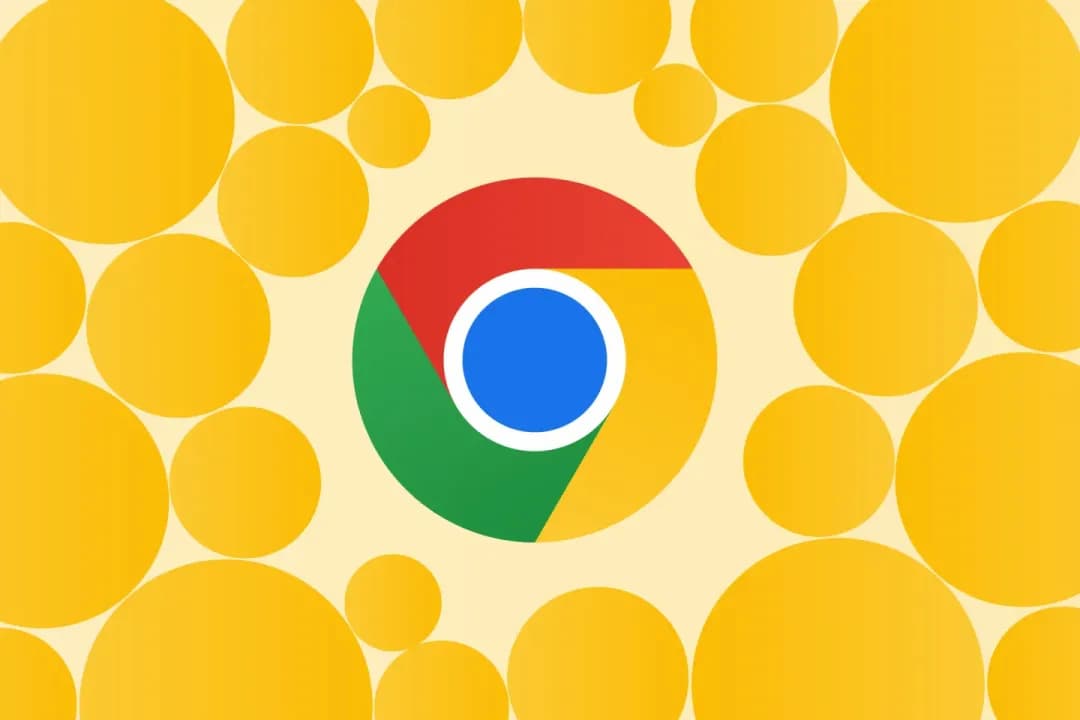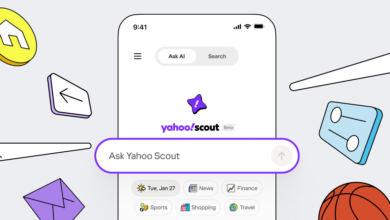Yahoo Expressed Interest in Buying Chrome, Browser Plans Revealed in Google Trial

▼ Summary
– Yahoo explored building its own web browser and expressed interest in acquiring Google’s Chrome if mandated by the DOJ antitrust case.
– Testimony revealed that around 60% of search queries originate from web browsers, highlighting their strategic importance for search engine distribution.
– Yahoo had worked on a browser prototype, potentially codenamed “Project Atlas,” to gain direct user access.
– The DOJ proposed that Google divest its Chrome browser, and Yahoo indicated interest in purchasing it if required.
– Competitors view Google’s control over both the dominant browser and search engine as a significant barrier, prompting strategic considerations contingent on the trial’s outcome.
Yahoo not only explored building its own web browser but also expressed interest in acquiring Google’s Chrome browser should the tech giant be forced to sell it as part of the ongoing U.S. Department of Justice antitrust case. This revelation surfaced during the remedies phase of the trial focused on rectifying Google’s alleged search monopoly.
Browser as a Key Search Gateway
Testimony during the trial highlighted the strategic importance of web browsers for search engine distribution. Yahoo Search General Manager Brian Provost stated that roughly 60% of search queries originate directly from a web browser, often via the address bar. This dependence makes browser control a critical factor for search engine visibility and competition.
Frustrated by the difficulty of competing against Google’s default search placements, Yahoo had reportedly worked on a browser prototype, potentially codenamed “Project Atlas,” as one avenue to gain direct user access.
Interest in Acquiring Chrome
The court proceedings explored potential remedies for Google’s market dominance, with the DOJ proposing that Google be required to divest its Chrome browser. In this context, Yahoo indicated it would be interested in purchasing Chrome if such a sale were mandated.
Yahoo wasn’t alone in seeing the value of Chrome as a distribution channel. Witnesses from AI companies Perplexity and OpenAI also reportedly expressed interest in the popular browser during their testimony, although DuckDuckGo’s CEO indicated his company likely couldn’t afford it.
Underscoring Antitrust Concerns
Yahoo’s exploration of building its own browser and its stated interest in acquiring Chrome underscore the competitive challenges highlighted in the antitrust case. It suggests that competitors see Google’s ownership of both the dominant browser and the dominant search engine as a significant barrier, prompting them to consider major strategic moves – including acquisition – contingent on the trial’s outcome.
While the judge has yet to rule on remedies, these discussions reveal the high stakes involved and the potential for significant shifts in the browser and search market depending on the final decision.







